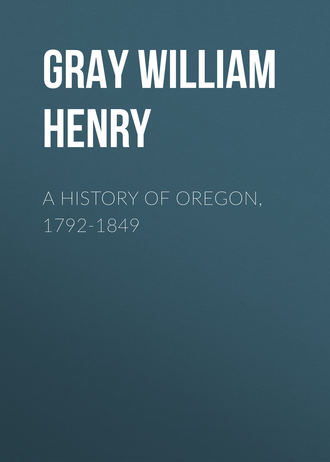A History of Oregon, 1792-1849
 полная версия
полная версияA History of Oregon, 1792-1849
Жанр: историческая литературазарубежная классиказарубежная старинная литературалитература 19 векасерьезное чтениеоб истории серьезно
Язык: Английский
Год издания: 2017
Добавлена:
Настройки чтения
Размер шрифта
Высота строк
Поля

